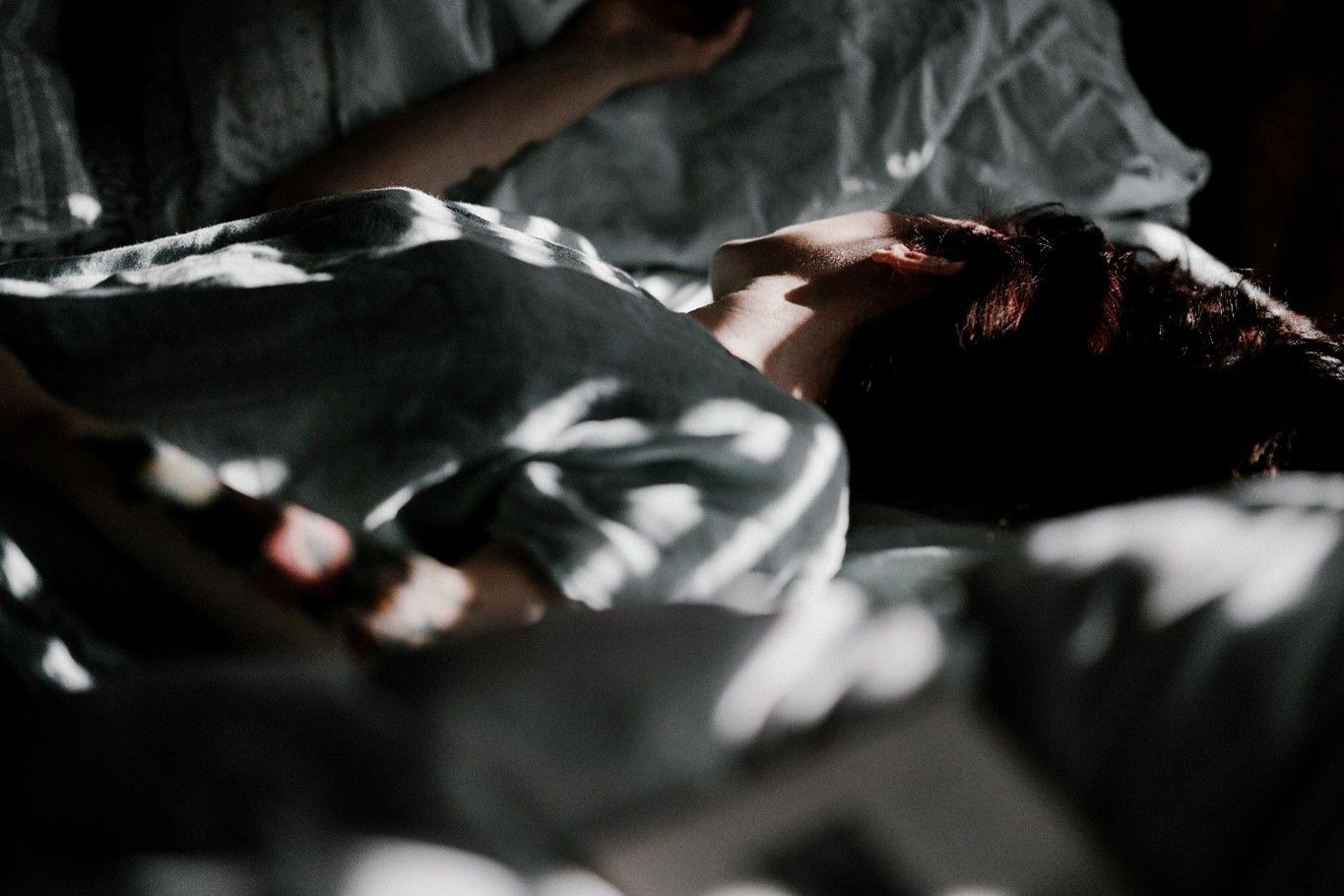Sleep has become an integral part of conversations. We ask our partners and family, how they slept during the night. And talking about sleep as a part of a wellness discussion has become even more common. With iPhone features like tracking our sleep, we are becoming more aware of how much we sleep, and some are actively trying to get more sleep. What’s the situation like in Denmark?
The youth aren’t getting enough sleep
Amongst 16 to 24-year-olds, about half of them are dealing with sleep issues. This was the conclusion of a report by the Danish Health Authority. One reason is the extensive use of screens. Often young people will use their smartphones to text, watch videos and listen to music. But this can affect the quality of sleep negatively.
Some of the effects of bad sleep are:
– Difficulties with concentration
-Difficulties with remembering
– Headaches
– Sadness
Therefore, cutting out screen time before bedtime can be good for teenagers. Also, having a greater focus on beds can help the youth. Sometimes bad sleep is due to an uncomfortable bed, for example, if the teenager has outgrown their bed. Instead, getting beds in the right size with the right firmness can help.
Insomnia in adults
Most people will experience not being able to sleep in the span of a lifetime. This is commonly known as insomnia. Insomnia is a sleep disorder defined by different phases. It is short-term, also called acute insomnia, which could last for days or weeks. It can be triggered by stressful events or experiencing something anxiety-inducing.
Some of the causes of insomnia are:
– Stress
– Bad sleep habits
– Mental health disorders
– Caffeine
– Medications
In some cases, insomnia occurs in your childhood and continues in adulthood. When you experience insomnia for months or years, it is described as chronic insomnia. In Denmark, about 10 to 20 percent of adults are dealing with chronic insomnia, and more women than men deal with insomnia according to Rigshospitalet. If you are dealing with insomnia, professionals will often examine the underlying issues like stress or mental disorders e.g.
Use of melatonin
Over the span of 10 years, more Danes between 45 to 64 years old are using melatonin as sleeping medicine. Melatonin is a hormone that changes your circadian rhythm by telling the body that it’s time to go to sleep.
However, some researchers are hesitant about using melatonin, as there hasn’t been enough research on the side-effects of the drug. The Danish Health Authority has issued guidelines melatonin can be considered if sleep problems affect the person to such a degree that other non-medical treatments haven’t worked.
This content is sponsored by bedrenaetter.dk.












